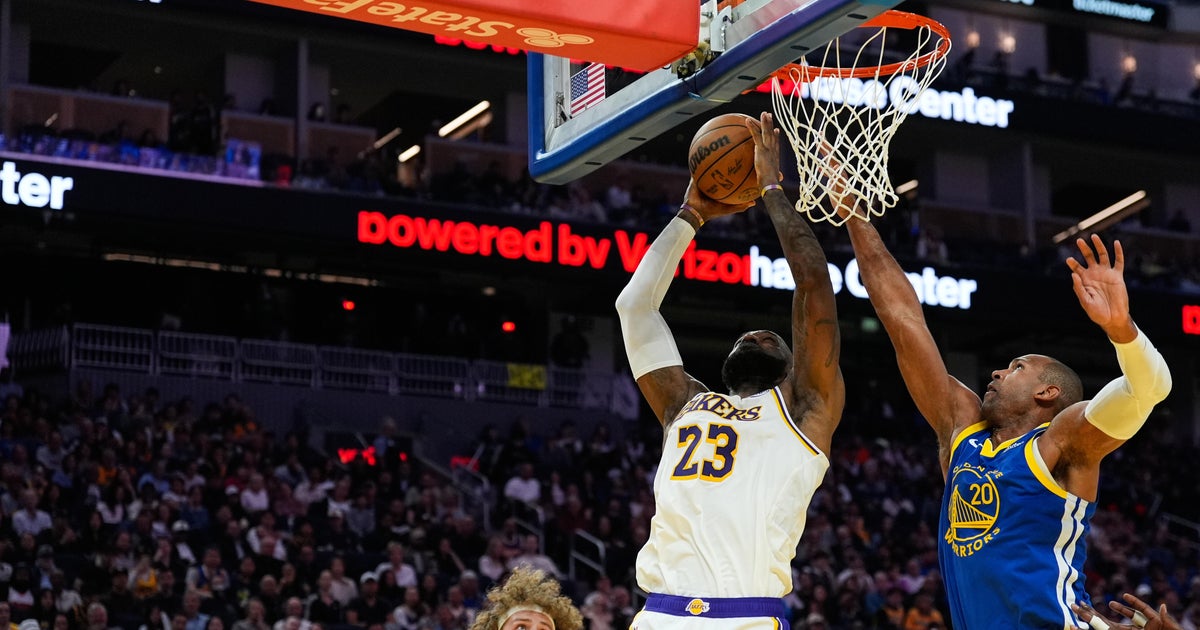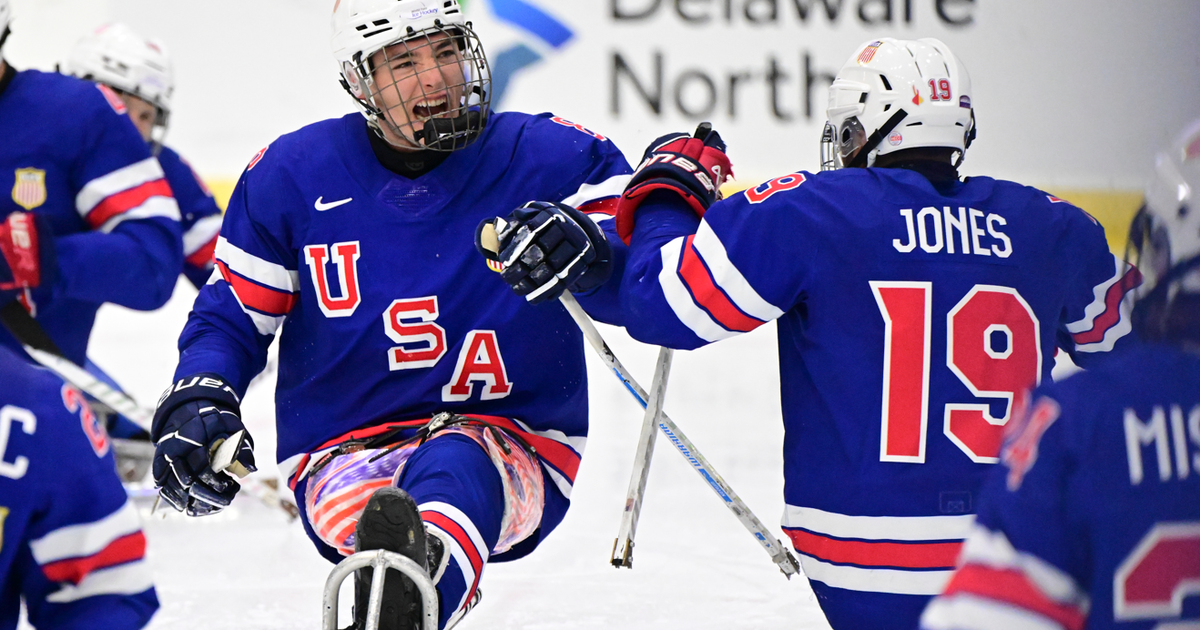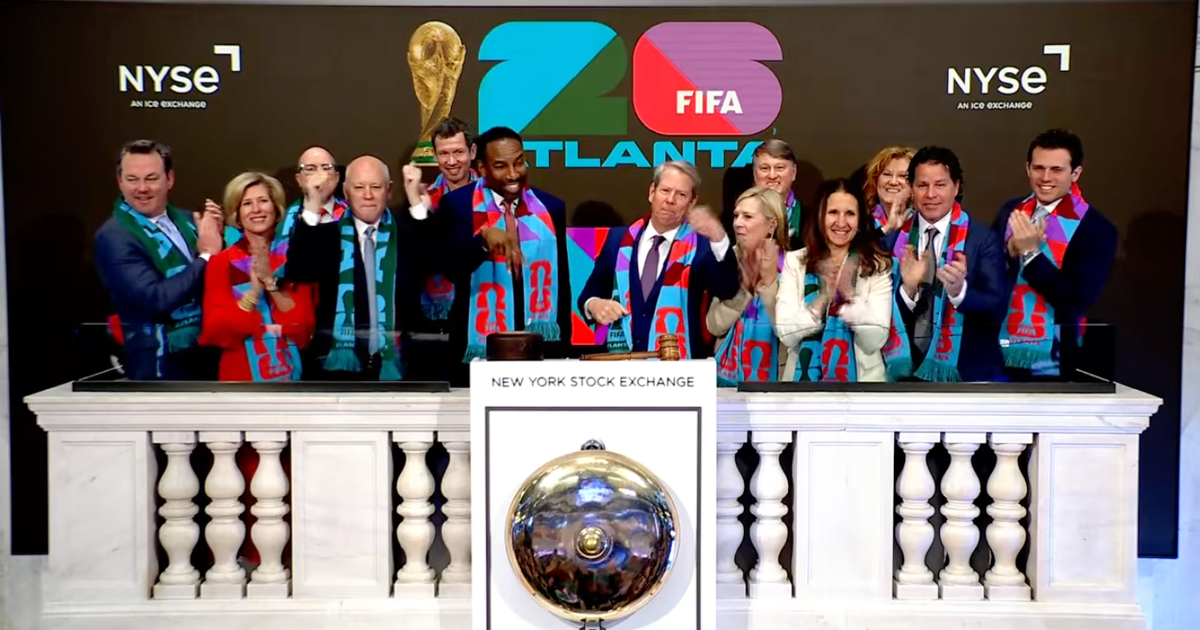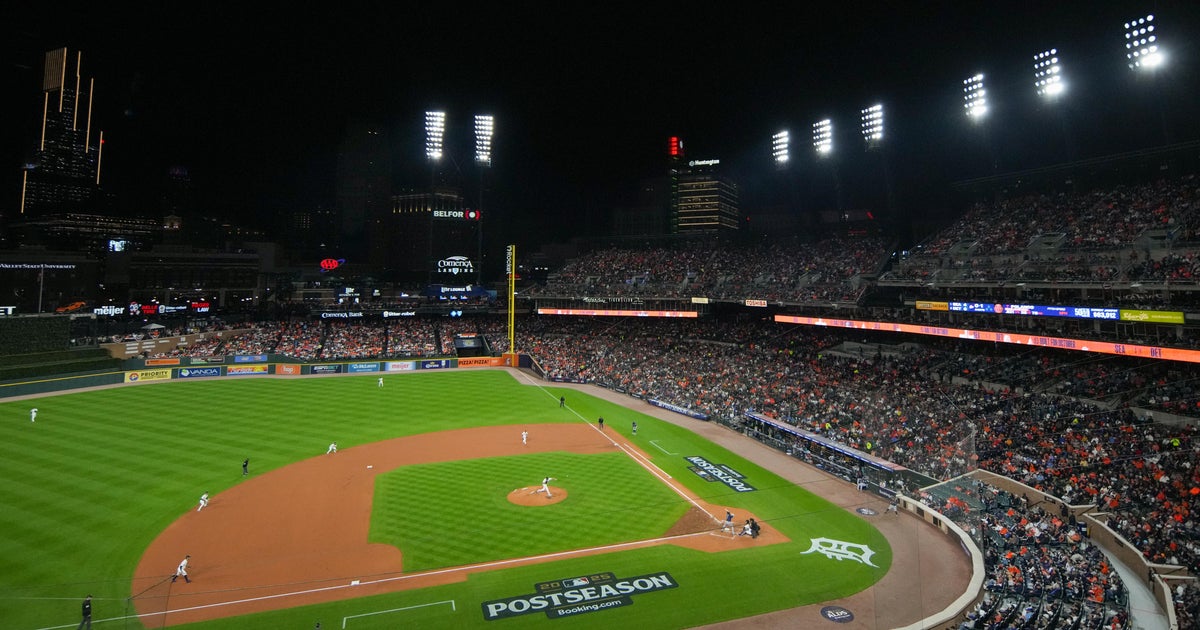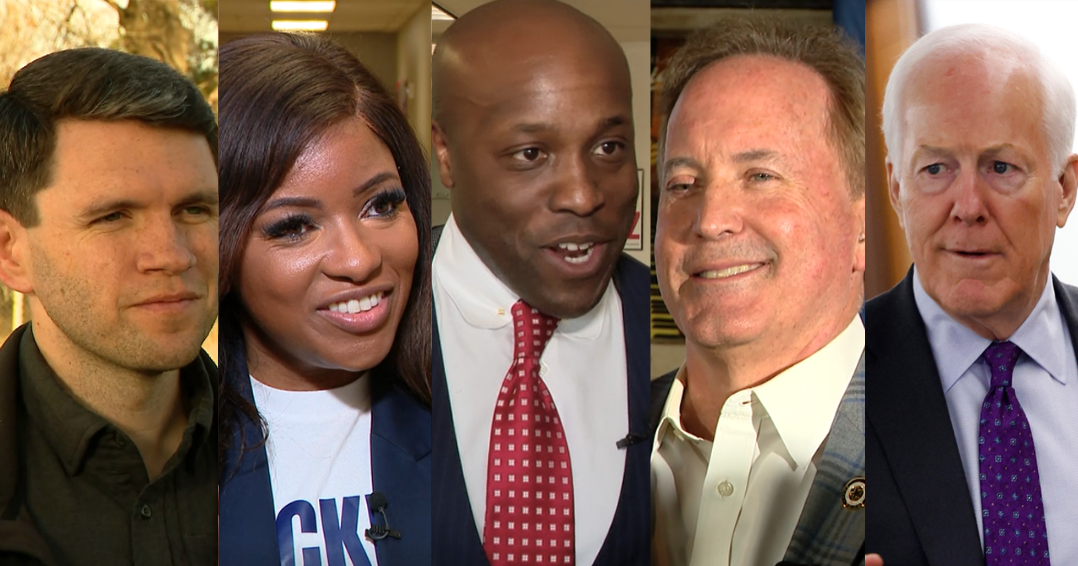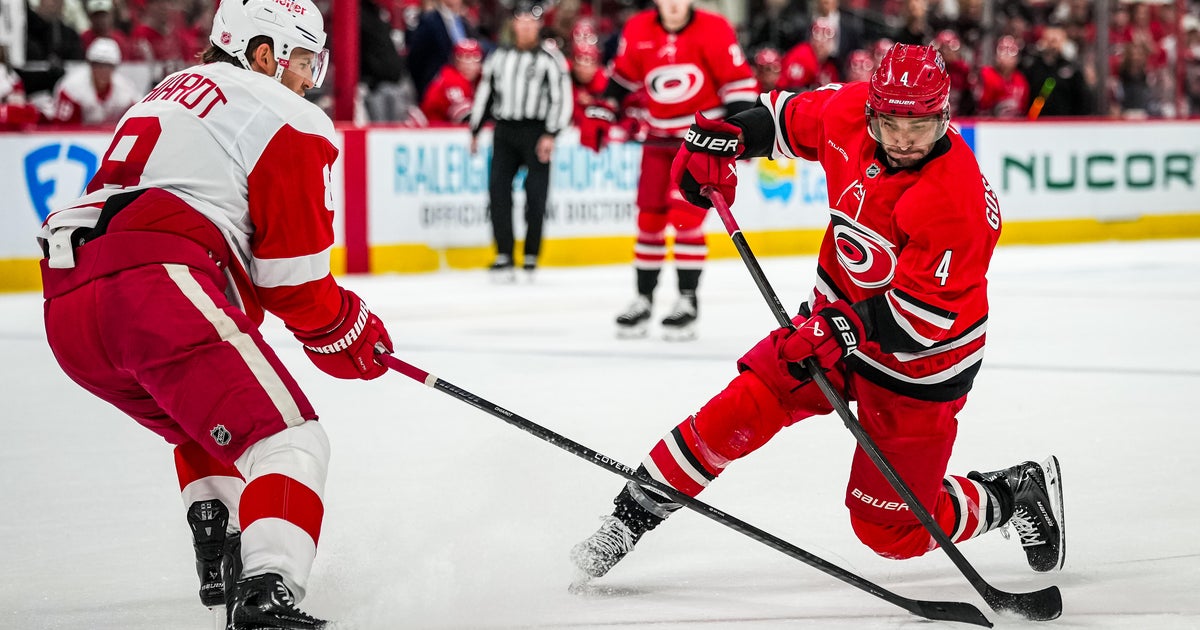Boxing Insider Talk: Steve Farhood, Boxing Analyst
Twitter: @JasonKeidel
In nearly four decades as a boxing writer, Steve Farhood has become a household name, especially as an analyst for Showtime. You'll also find his commentary on CBS Local Sports, in the Fan Essentials video series leading up to the megafight in Las Vegas on Saturday.
Though you're used to seeing him ringside with Brian Kenny or Steve Albert as a color commentator, Farhood is sliding a few seats down the aisle on May 2, as part of Showtime's glittering coverage of the bout between Floyd Mayweather Jr and Manny Pacquiao.
Farhood chatted with CBS Local Sports on an array of topics, from his career to the career-defining fight between Mayweather and Pacquiao.
Watch Floyd Mayweather's Fan Essentials profile.
Watch Manny Pacquiao's Fan Essentials profile.
JK: Where were you raised?
Farhood: Brooklyn, until I was 12, then Manhattan.
JK: How long have you been covering boxing?
Farhood: For 37 years. I started in 1978, at 21 years old, for London Publishing, straight out of college, as a journalism major.
JK: How did you fall in love with boxing?
Farhood: I was a casual fan during Ali's era. I went to a lot of his closed-circuit fights. I wasn't obsessed, didn't buy Ring magazine and all of that. But one of the things that really whetted my appetite was all the old files and clips at my job, dating back decades.
Then when I started covering boxing, I realized there was nothing like it. The first event I went to was a USA vs. Cuba amateur show. Teofilo Stevenson impressed me. I remember the U.S. fighter, named Jimmy Clark, dominated Stevenson for 2 1/2 rounds, and then he got knocked out with one punch.
JK: Did you box as a kid?
Farhood: Other than the occasional brawl with my brother, no. I boxed in a gym in my 20s, but I did it just enough to know it wasn't easy to avoid punches, and that I should be ringside.
JK: Who were your favorite fighters?
Farhood: Ali and the great heavyweights -- Frazier, Foreman and Norton. But aside from the heavyweights, America didn't have many great fighters. Roberto Duran and Carlos Monzon were the best fighters of the decade ('70s).
Then came the 1976 Olympic team and the movie Rocky. And then American boxing had a renaissance, with Hearns and Hagler and Leonard.
JK: Who were your favorite writers?
Farhood: I had great respect for those who came before me. I''m 21, and I'm working with Michael Katz and John Schulian. The Sweet Science, by A.J. Liebling, is by far the best boxing book I've ever read. One of my heroes was Larry Merchant. I thought he was the best writer in newspapers. To work with him was a big kick for me.
Check out other Boxing Insider interviews.
JK: Best fight you've ever covered?
Farhood: It was in 1982, in Miami, between Alexis Arguello and Aaron Pryor. I was not at Hagler-Hearns, so I can't rate that one.
JK: Best fight I've ever seen. Ever wonder what was in that "special drink" Panama Lewis gave Pryor?
Farhood: We'll never know. (Laughs)
JK: Which fight in history do you wish you'd covered?
Farhood: If I had to pick one, it would be the Rumble in the Jungle (Ali-Foreman) -- based on the unique setting and historical significance. Then I'd say Ali-Frazier I. I was 14 and watched it at the Manhattan Center around the corner. Louis-Schmeling II at Yankee Stadium would have been pretty special.
Check out 5 Great Boxing Title Fights.
JK:What's your role on May 2?
Farhood: I'll be one of the unofficial scorers, with Harold Lederman. I've been doing unofficial scoring for Showtime for four years, but working with Harold makes me the rookie.
JK: How does May 2 help the sport? Does the sport need May 2?
Farhood: I think May 2 is a tremendous opportunity for boxing. There's unprecedented interest. We all have our ways of measuring it, through our friends. boxing is a star sport, and the biggest are in this fight against each other. The delay has only whetted the appetite. It's not critical it be a great fight, but people need to feel satisfied.
Follow our Live Blog for bell-to-bell MayPac fight coverage.
JK: Keys to victory on May 2?
Farhood: Mayweather has to do what Mayweather does. He limits the punches thrown and connects. If he can keep Pacquiao off him for a few rounds, his counter-punching and athleticism will take over.
Manny has to use his speed, more than power, to make Floyd uncomfortable. It's important he win the first couple rounds because that's when Floyd is vulnerable. Then he can he control the pace of the fight. If he can't, then Floyd will use Manny's aggressiveness against him.
I don't label Mayweather a big puncher. Pacquiao's record as welterweight is not as a big puncher, so the fight will will probably go the judges. Hopefully it will be fought at a crisp pace.
